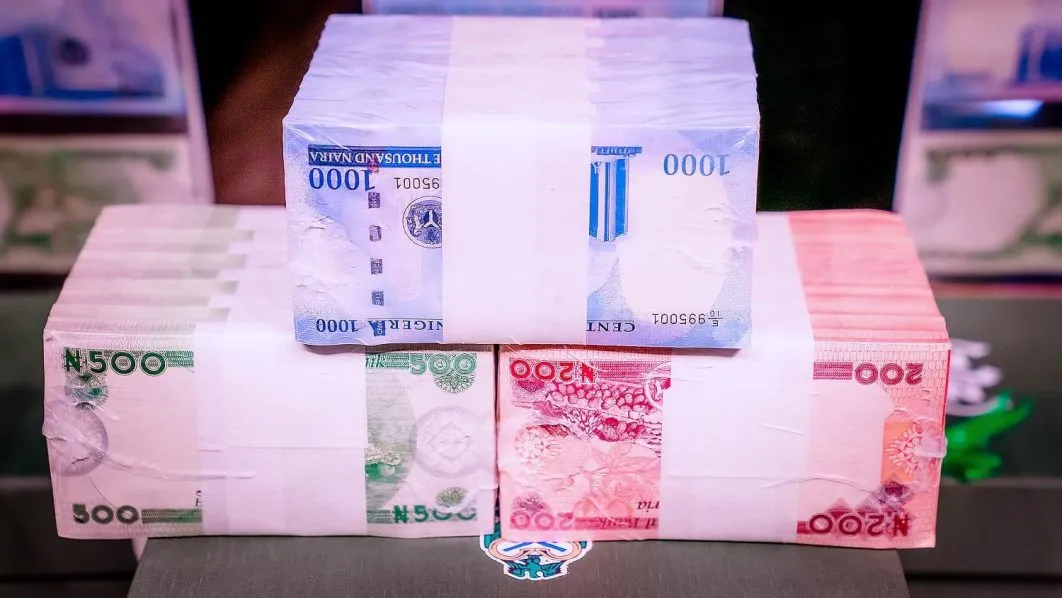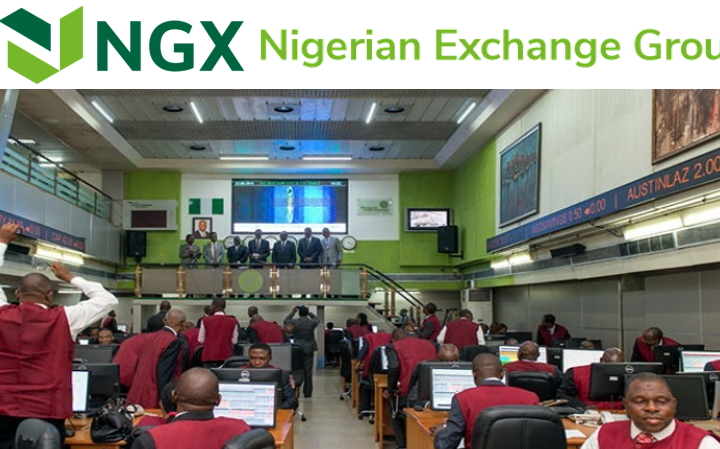The Central Bank of Nigeria (CBN) has taken significant action by withdrawing N1.335 trillion from circulation, in a bid to control the country’s expanding money supply.
This move is part of the CBN’s ongoing strategy to stabilize the economy and curb inflation.
Join our WhatsApp ChannelCBN’s Mop-Up Exercise
CBN’s measure, known as a “mop-up exercise,” aims to reduce the rapid expansion of the money supply, which reached N107.1 trillion in August 2024. “Our goal is to keep inflation under control and ensure economic stability,” explained Olayemi Cardoso, the CBN Governor. He added that excessive liquidity in the financial system can lead to inflationary pressures, making it essential to manage the money supply effectively.
In September, Nigeria’s system liquidity increased following an inflow of N903.4 billion from the Federation Account Allocation Committee (FAAC). To counteract this, the CBN conducted auctions for Nigeria Treasury Bills (NTB) and Open Market Operations (OMO), successfully withdrawing N1.335 trillion from circulation.
CBN’s Focus on Inflation Control
By withdrawing N1.335 trillion, the CBN aims to manage inflation by reducing the money available for spending. Experts note that this helps moderate consumer demand, which in turn stabilises prices. “With inflation at risk of rising, it is crucial that the CBN takes these steps to prevent further economic strain,” said economist Tunde Adesina.
The rising money supply, also referred to as M2, surged by 65% year-on-year, reaching N107.1 trillion in August 2024. A rapid increase in money supply, if not carefully managed, can lead to inflation, which poses challenges for the broader economy.
READ ALSO: Inflation Control: CBN Governor Defends Interest Rate Hike As Crucial For Economic Stability
CBN’s Monetary Policy Response
In response to the growing money supply, the CBN’s Monetary Policy Committee (MPC) met and raised the Monetary Policy Rate (MPR) by 50 basis points to 27.25%. The move is intended to make borrowing more expensive, slowing the flow of money into the economy. “We are focused on maintaining a delicate balance between keeping liquidity in the system and preventing excessive inflation,” stated Cardoso.
Despite tightening monetary policies, the CBN plans to inject an additional N1.4 trillion into the financial sector to ensure enough liquidity remains available for economic activity. This decision reflects the bank’s balancing act between curbing inflation and supporting the broader economy.
Currency in Circulation: A Rising Concern
CBN data shows that the currency in circulation reached N4.14 trillion in August 2024. Of this, N3.87 trillion is held outside the banking system, representing a significant 93.34% of the country’s total currency. This indicates a continued reliance on cash, despite the CBN’s efforts to promote cashless transactions.
The volume of cash outside the banking system has been steadily increasing, rising by 55.8% over the past year. This trend underscores the challenge the CBN faces in encouraging Nigerians to use formal banking channels. “The high level of cash in circulation makes it difficult to control inflation and can lead to financial instability,” warned financial analyst Aminu Salisu.
Impact on the Nigerian Economy
The excessive cash in circulation poses several risks to Nigeria’s economy. High liquidity can fuel inflation, erode purchasing power, and undermine investor confidence. Additionally, it can facilitate illegal activities such as money laundering and corruption, adding to the economic strain.
“The CBN must continue to manage liquidity and reduce cash in circulation to ensure long-term economic stability,” Salisu emphasised.
As the CBN moves forward with its monetary policies, experts agree that ongoing efforts to balance liquidity and inflation control will be crucial. With the injection of N1.4 trillion in the financial system and continued monitoring of the money supply, the CBN is committed to maintaining Nigeria’s economic stability.
Emmanuel Ochayi is a journalist. He is a graduate of the University of Lagos, School of first choice and the nations pride. Emmanuel is keen on exploring writing angles in different areas, including Business, climate change, politics, Education, and others.


















Follow Us